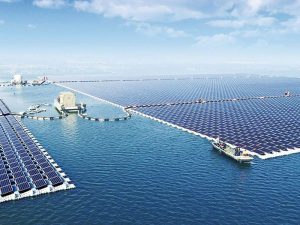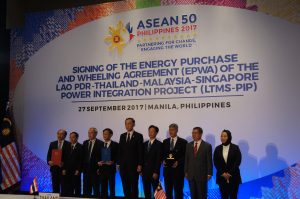China’s government needs to more tightly regulate the overseas activities of its SOEs.
Can the Arctic contribute critical minerals for the global energy transition?
{{unknown}}
New Energy Supply Chains: Is the UK at Risk from Chinese Dominance?
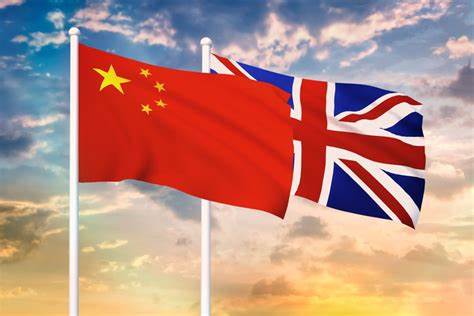
New Energy Supply Chains: Is the UK at Risk from Chinese Dominance?
The Royal United Services Institute has just published a paper, coauthored with Michal Meidan and myself of the Oxford Institute for Energy Studies, that assesses the risks posed to the United Kingdom by China's strong position along supply chains for minerals and … Continue Reading ››
How May National Culture Shape Public Policy? The Case of Energy Policy in China
How May National Culture Shape Public Policy? The Case of Energy Policy in China
Many factors shape the development and implementation of public policy. These include political ideologies, the structures and systems of governance, state capacity, demographics, societal values and norms, and level of economic development. As … Continue Reading ››
Asian Energy Markets Following the Russian Invasion of Ukraine
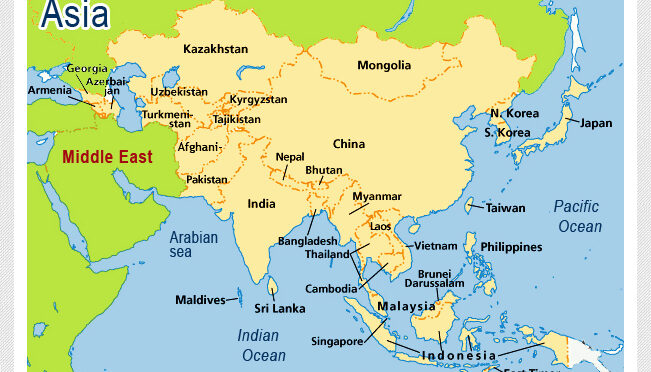
Asian Energy Markets Following the Russian Invasion of Ukraine
Russia’s invasion of Ukraine continues to strongly impact international energy markets, posing severe challenges for energy importing countries. Much of the commentary and analysis has been focused on the consequences for, and reactions of, European nations and the European Union. Despite the … Continue Reading ››
China’s Energy Crisis: Unstoppable Force Meets Immoveable Object
China’s Energy Crisis: Unstoppable Force Meets Immoveable Object
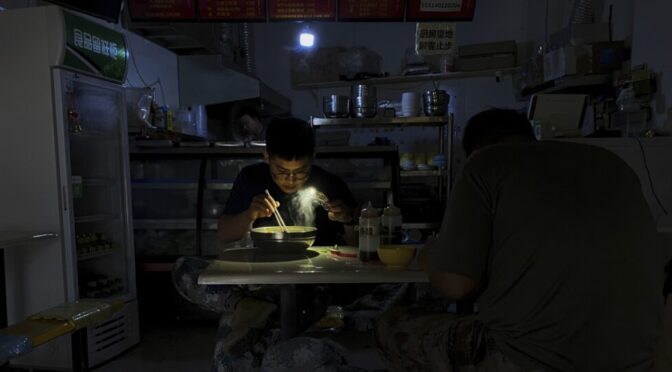
China’s current energy supply crisis has numerous precedents. The most notable was in 2003 when, once again, the lights were going out across the country. At that time the cause lay in a combination of the government’s decision in 1999 to … Continue Reading ››
The Causes of China’s Power Shortages in December 2020
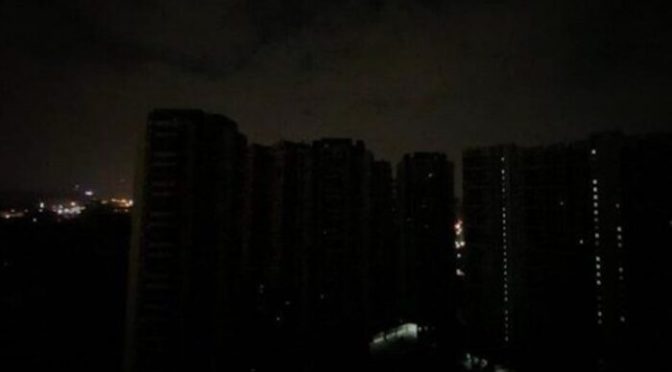
The Causes of China’s Power Shortages in December 2020
Provinces in central and eastern China have been suffering from power shortages in December. Many of us who watch China’s energy sector have been commenting for the last few years about the apparent excess generating capacity in China’s electrical … Continue Reading ››
Is 2020 a Critical Juncture for China’s Low-Carbon Energy Transition?
Is 2020 a Critical Juncture for China’s Low-Carbon Energy Transition?
The COVID-19 pandemic has created what can be termed a critical juncture from the perspective of the low-carbon transition. Nations have the opportunity to use their economic recovery plans to accelerate this transition. Whilst some countries, generally … Continue Reading ››
Singapore to Import Electricity from Malaysia
Singapore to Import Electricity from Malaysia
On 26th October 2020, Singapore’s Minister for Trade and Industry announced that Singapore plans to import electricity from Malaysia, starting with a two-year trial, with the eventual aim of enhancing the share of clean energy on the country power mix.
Historical context
There … Continue Reading ››
China’s recent energy market reforms will underperform
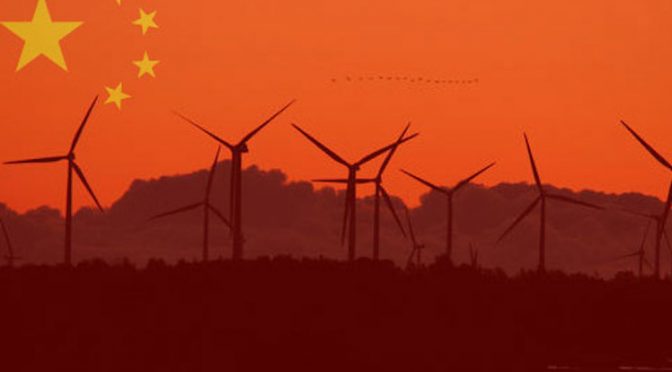
China’s recent energy policy initiatives will underperform
China’s government has taken a number of steps to reform its energy sector, diversify the number of actors and increase the role of market forces. However, the state retains a dominant position in the sector and so the impact of the reforms … Continue Reading ››
State versus market in China’s low-carbon energy transition: An institutional perspective
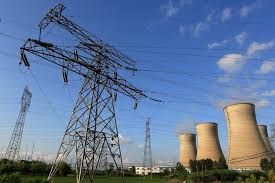
State versus market in China’s low-carbon energy transition: An institutional perspective
China has taken great strides over the last 15 years to constrain the rise of CO2 emissions from its energy sector. Energy intensity has declined, the installed capacity for wind and solar energy has soared, and the share … Continue Reading ››


